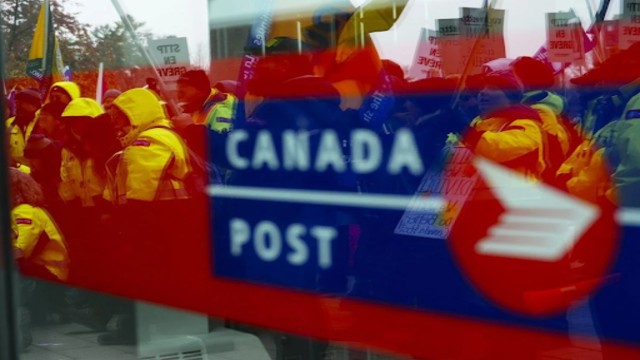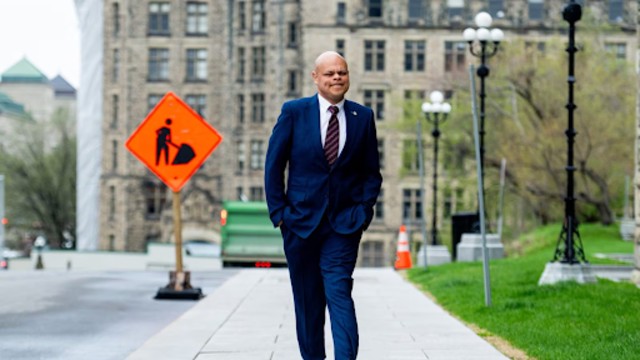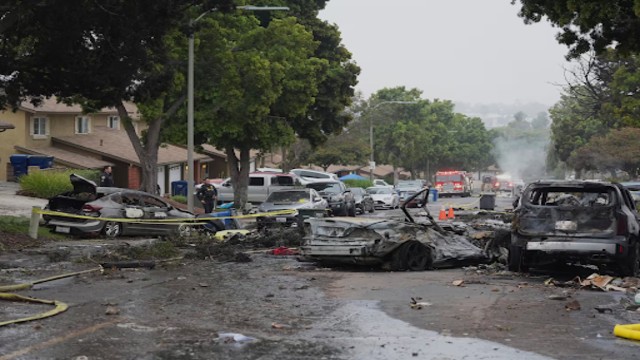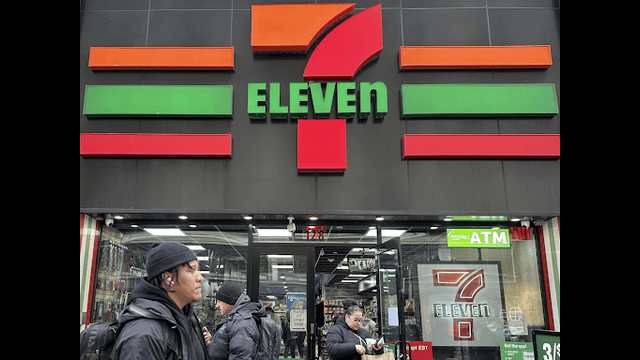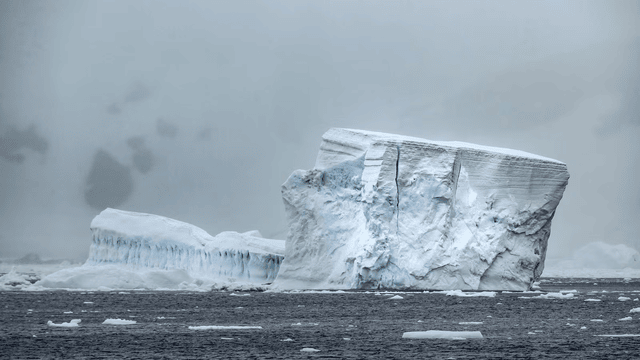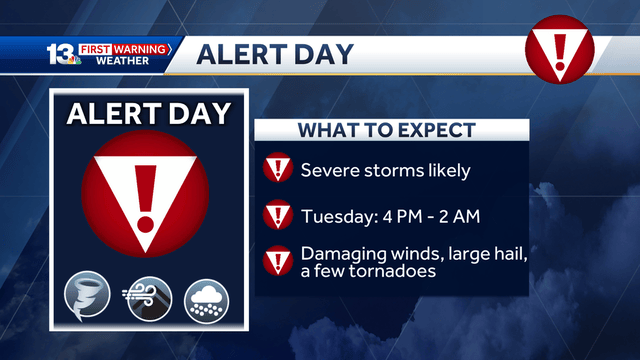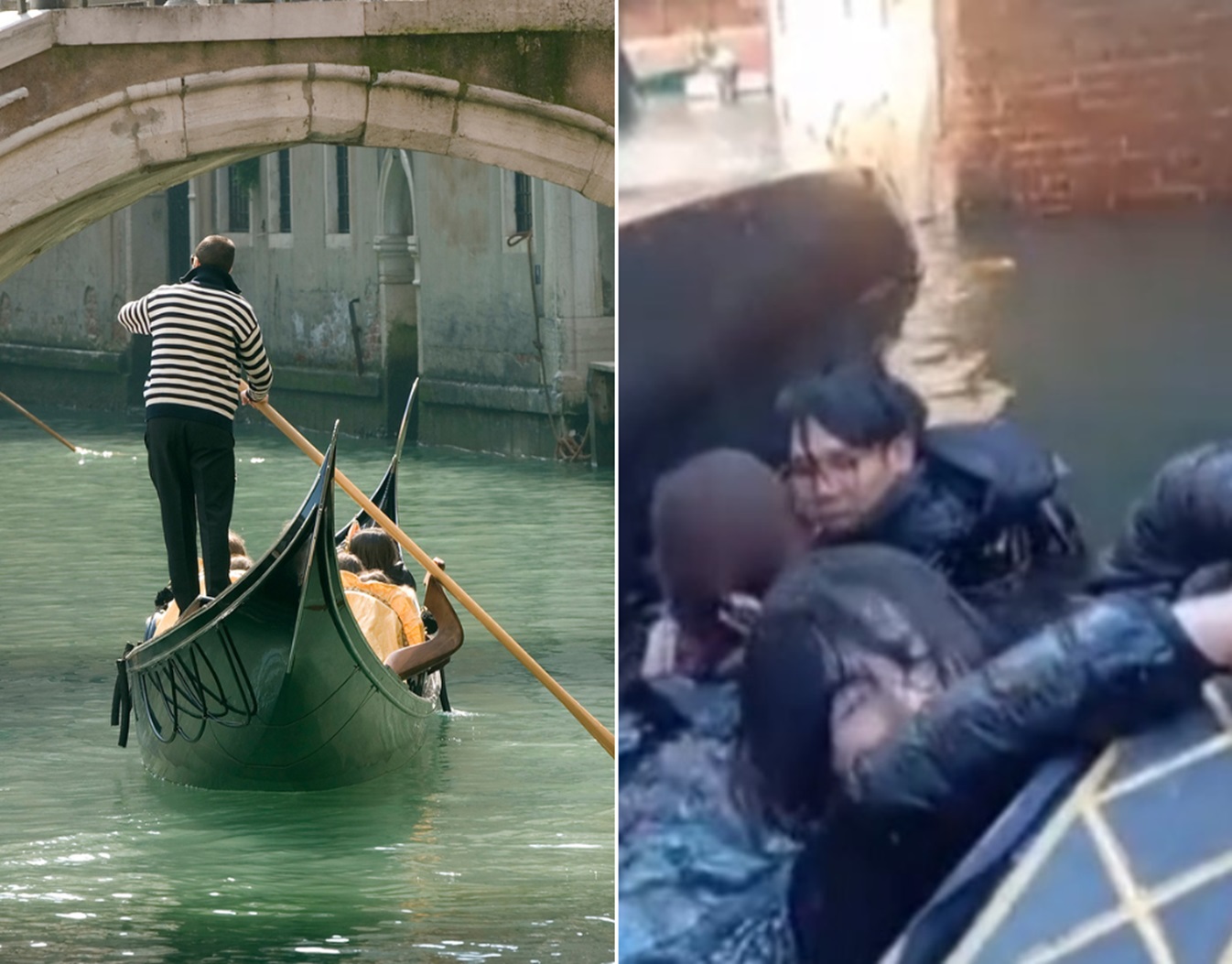
In Venice, a gondola capsized after a group of Chinese tourists declined to take their seats. The incident was captured in photos by Getty Images and shared on TikTok by Luca Ultra Effe.
A group of tourists visiting Venice recently experienced an unexpected and chilly mishap when their attempt at taking selfies in a renowned gondola went awry, leaving them wet and shivering. The incident occurred as the tourists, reportedly from China, neglected warnings from their gondolier about the potential risks associated with standing and moving around in the boat.
The gondolier, tasked with navigating a challenging passage beneath a bridge near St. Mark's Square, repeatedly requested the group to remain seated. Despite these warnings, the tourists persisted in their actions, leading to the unfortunate capsizing of the gondola. In an attempt to assist his passengers, the gondolier also found himself in the canal, working swiftly to ensure everyone's safety.
Following the waterlogged ordeal, the group found refuge and warmth at the nearby La Fenice theatre upon returning to solid ground. The incident serves as a reminder of the importance of heeding local instructions and respecting the guidelines provided by those familiar with the unique challenges posed by Venice's iconic waterways.
Venice, grappling with the repercussions of mass tourism, has implemented measures to address the strain placed on the city by large numbers of visitors. In 2020, the Venice Gondoliers' Association took steps to reduce the capacity of their boats, attributing the decision to the additional burden caused by "overweight" tourists.
Mayor Luigi Brugnaro reinforced the city's commitment to preserving its cultural and environmental heritage in 2022. He strongly criticized individuals attempting to surf the Grand Canal, denouncing them as "two arrogant imbeciles" who mocked the city. These surfers faced significant fines, and their surfboards were confiscated as a consequence of their actions.
Moreover, Venice has implemented restrictions on cruise ships entering its waters as part of efforts to safeguard the city's UNESCO World Heritage status. These limitations include a ban on ships exceeding 5,000 tons, those longer than 590 feet, or possessing characteristics that could contribute to pollution or harm the delicate marine environment surrounding Venice.
In the face of such challenges, Venice continues to grapple with finding a balance between preserving its cultural treasures and managing the impact of tourism on its fragile infrastructure and unique aquatic landscape. The incident involving the capsized gondola serves as a cautionary tale, emphasizing the importance of responsible tourism practices to ensure the sustainability of this historic city.



